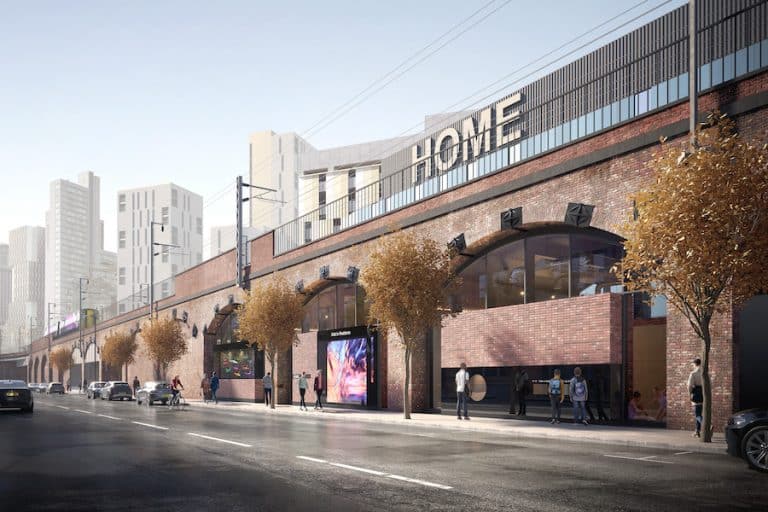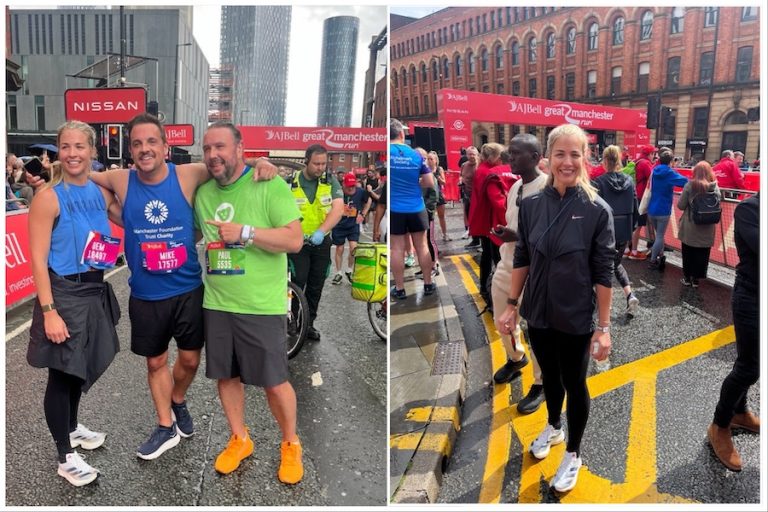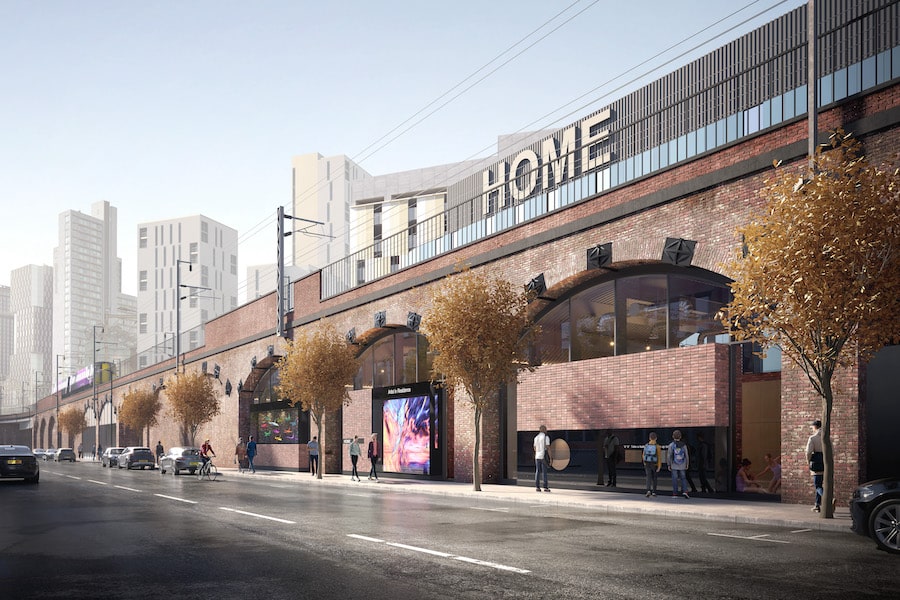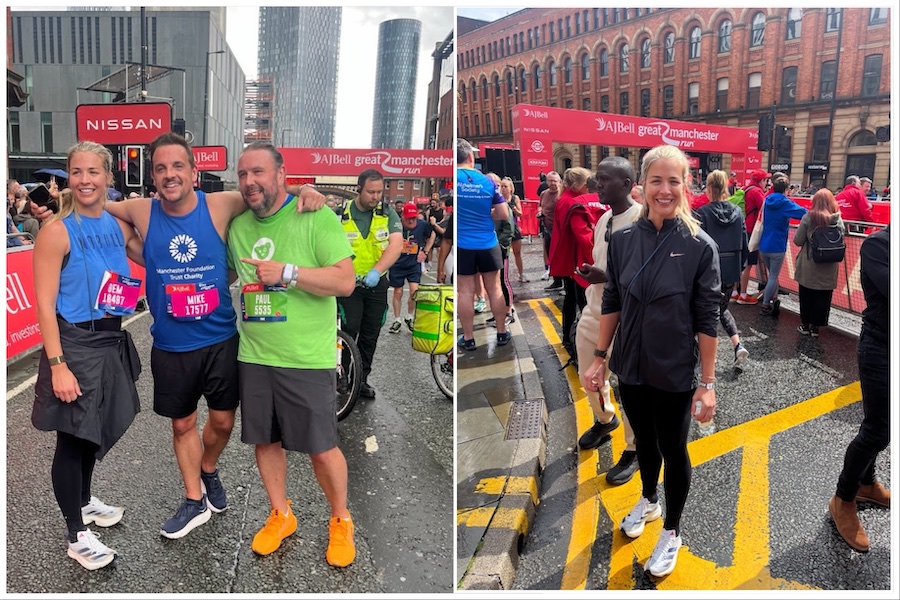When will lockdown end? New roadmap unveiled – and Manchester reacts
- Written by Louise Rhind-Tutt
- Last updated 4 years ago
- Community, Health & Wellbeing
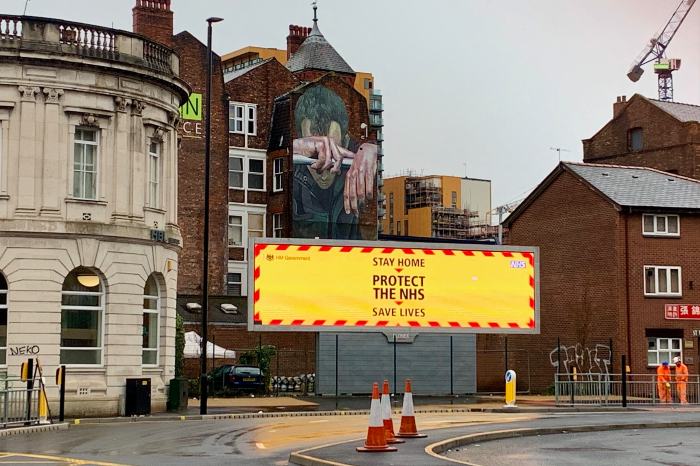
Boris Johnson today announced a four-step plan to unlock the country from COVID-19 restrictions, with priorities including reuniting families and restarting sport.
“Our priority has always been getting children back into school which we know is crucial for their education as well as their mental and physical wellbeing, and we will also be prioritising ways for people to reunite with loved ones safely,” said the Prime Minister.
“Outdoor settings are known to be lower risk than indoor, so outdoor activities will be opened earlier than indoor ones.”
Due to the current, relatively uniform spread of the virus across the country, restrictions will be eased step-by-step across the whole of England at the same time.
Here is what the plan to ease restrictions looks like.
Four tests
The Prime Minister has outlined four new tests that will need to be met before further relaxations can take place.
These include the continued successful deployment of the vaccine programme, and evidence that jabs are reducing hospital admissions and deaths.
The other two tests are that infection rates do not risk a surge in hospitalisations which would put unsustainable pressure on the NHS, and that assessment of the risks is not fundamentally changed by new Variants of Concern – which means all further relaxations could be put on hold should vaccine-resistant variants emerge.
“Our decisions will be made on the latest data at every step, and we will be cautious about this approach so that we do not undo the progress we have achieved so far and the sacrifices each and every one of you has made to keep yourself and others safe,” he said.
“We have therefore set four key tests which must be met before we can move through each step of the plan.”
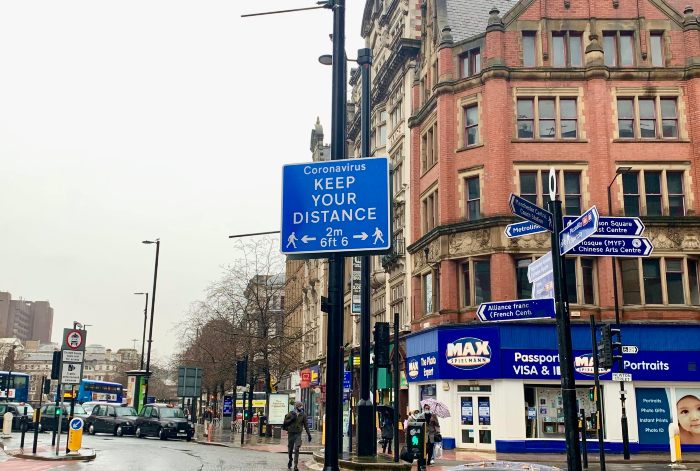
8th March
Primary and secondary schools will reopen on 8th March alongside after-school activities for children.
Face to face teaching will be supported by twice weekly testing of secondary school and college pupils.
People will also be allowed to meet up with one other person from outside their household for a coffee, drink or picnic, without having to exercise.
Outdoor recreation, such as a picnic, can be on your own, with one other person, or with your household or support bubble.
From 8th March, care home residents will also be able to have a single visitor, who can come inside and hold hands after having a COVID-19 test and wearing protective equipment.
29th March
By the end of March two households, or up to six people, will be able to meet outdoors – including in gardens – for the first time this year.
And from 29th March organised sport can also return as outdoor facilities such as football pitches and tennis courts will be able to reopen. This includes outdoor swimming pools and golf courses.
The ‘stay at home’ rule will end on 29th March, but many restrictions will remain in place.
People will still be encouraged to work from home where possible, and international travel will still be largely illegal.
There will then be a longer wait before the next stage of lockdown easing, with gaps between each stage of reopening, to allow scientists to measure the impact of each one on infection rates and hospital admissions.
Everything will be delayed if the four tests are not met.
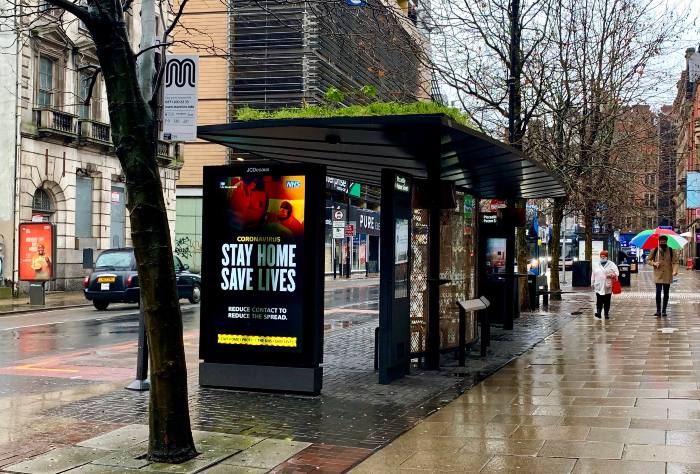
12th April
The next stage is expected to kick in from 12th April, providing the four tests are met, with an announcement seven days prior.
From 12th April, non-essential shops will be able to reopen, Mr Johnson said, but should only be visited alone or with household groups.
Hairdressers, nail salons and personal care services will also reopen at this point.
Indoor leisure facilities such as gyms will also reopen (but only for use by people on their own or in household groups); as will most outdoor attractions and settings including outdoor hospitality venues, zoos, theme parks, and drive-in cinemas.
Self-contained accommodation such as campsites and holiday lets, where indoor facilities are not shared with other households, can also reopen.
Up to 30 people can attend funerals and the maximum number of people at a wake will increase from six to 15.
Pubs, restaurants and bars
Hospitality venues can reopen from 12th April providing the four tests are met, but for outdoor service only, and with no mixing of households indoors.
You can go to a pub, restaurant or bar with an outdoor area in a group of up to six people from two different households.
If you’re inside, you are only allowed to be with members of your own household.
There will be no rules on “substantial meals” or curfews, but you will have to be seated when you consume your food or drink.
Wider social contact rules will apply in all these settings to prevent indoor mixing between different households.
Indoor hospitality will reopen no earlier than 17th May – and as in Step 2, venues will not have to serve a substantial meal with alcoholic drinks; nor will there be a curfew. Customers will, however, have to order, eat and drink while seated.

17th May
The third step will begin no sooner than 17th May, assuming the four tests are met.
As part of Step 3, the government will look to continue easing limits on seeing friends and family wherever possible, allowing people to decide on the appropriate level of risk for their circumstances.
This means that most legal restrictions on meeting others outdoors will be lifted – although gatherings of over 30 people will remain illegal. Indoors, the rule of six (or two households) will apply.
Indoor hospitality will reopen no earlier than 17th May – and as in Step 2, venues will not have to serve a substantial meal with alcoholic drinks; nor will there be a curfew. Customers will, however, have to order, eat and drink while seated.
Other indoor locations to open up in Step 3 include indoor entertainment venues such as cinemas and children’s play areas; the rest of the accommodation sector, including hotels, hostels and B&Bs; and indoor adult group sports and exercise classes.
The government will also allow some larger performances and sporting events in indoor venues with a capacity of 1,000 people or half-full (whichever is a lower number), and in outdoor venues with a capacity of 4,000 people or half-full (whichever is a lower number).
In the largest outdoor seated venues, where crowds can be spread out, up to 10,000 people will be able to attend (or a quarter-full, whichever is lower).
At this step, weddings, receptions, funerals, and commemorative events including wakes can proceed with up to 30 attendees.
21st June
This is the final step, which the PM says he hopes will be “irreversible”.
Before Step 4 begins, the government will complete a review of social distancing and other long-term measures that have been put in place to cut transmission.
This will inform decisions on the timing and circumstances under which the rules on 1 metre plus, the wearing of face coverings and other measures may be lifted.
It will also inform guidance on working from home – which should continue wherever possible until this review is complete.
By Step 4 which will take place no earlier than 21st June, the government hopes to be in a position to remove all legal limits on social contact.
The hope is to be able to reopen nightclubs and other large-scale events such as concerts from 21st June.
A decision could also be made on whether to remove limits on wedding numbers.
Reaction from Manchester
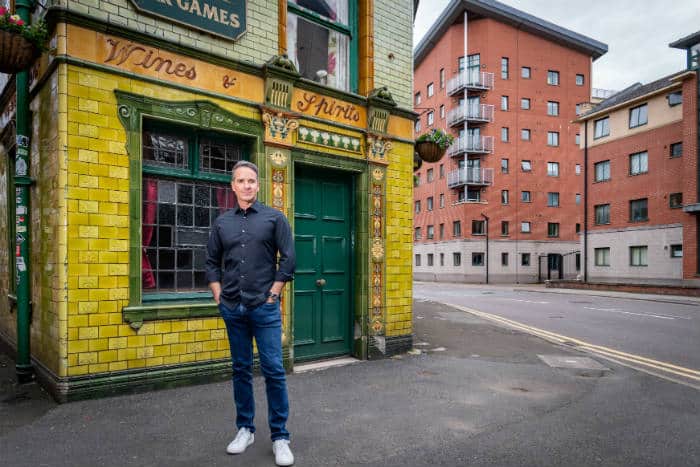
Sacha Lord, Night Time Economy Adviser for Greater Manchester, has given a statement regarding the roadmap to reopen hospitality.
“I extend an open invitation to the Government to visit the North, in particular the most working class areas of Greater Manchester which rely on their local, traditional pubs and social clubs for a sense of community and to stave off isolation and loneliness,” he said.
“The vast majority of these pubs do not have beer gardens, a luxury only reserved for middle class areas who have the space and financial capabilities. It is once again the working class who are hardest hit by the decisions coming from Westminster during this pandemic.
“Secondly. For the operators across the UK who can trade outdoors, breaking even is not a possibility here. They cannot pay rents, rates and bills or afford to take staff off furlough if they are only serving to 10% capacity.
“Many will simply choose not to reopen.
“With ‘data not dates’ being touted as the reasoning behind decisions, we see no reason why indoor hospitality cannot reopen at the same time as non-essential retail.
“The hospitality sector has spent hundreds of thousands of pounds on ensuring venues are COVID secure and we still have no data to confirm they are a high risk area of transmission. I see no justification for the delay in reopening.
“Lastly. We need urgent clarity on the financial support operators will have access to, and cannot afford to wait until the Chancellor’s budget is announced in ten days.
“Asking business owners to wait in limbo to find out if they can financially survive and afford to keep their livelihoods, will be terrifying and have huge implications on mental health, stress and anxiety for owners and their employees.”
- This article was last updated 4 years ago.
- It was first published on 22 February 2021 and is subject to be updated from time to time. Please refresh or return to see the latest version.
Did we miss something? Let us know: press@ilovemanchester.com
Want to be the first to receive all the latest news stories, what’s on and events from the heart of Manchester? Sign up here.
Manchester is a successful city, but many people suffer. I Love Manchester helps raise awareness and funds to help improve the lives and prospects of people across Greater Manchester – and we can’t do it without your help. So please support us with what you can so we can continue to spread the love. Thank you in advance!
An email you’ll love. Subscribe to our newsletter to get the latest news stories delivered direct to your inbox.
Got a story worth sharing?
What’s the story? We are all ears when it comes to positive news and inspiring stories. You can send story ideas to press@ilovemanchester.com
While we can’t guarantee to publish everything, we will always consider any enquiry or idea that promotes:
- Independent new openings
- Human interest
- Not-for-profit organisations
- Community Interest Companies (CiCs) and projects
- Charities and charitable initiatives
- Affordability and offers saving people over 20%
For anything else, don’t hesitate to get in touch with us about advertorials (from £350+VAT) and advertising opportunities: advertise@ilovemanchester.com


Dear England heads to LOWRY with a story that goes well beyond football

Review: Toxic at Lowry is ‘a raw and unfiltered dive into love and trauma’

The picture-perfect walks in historic places that matter near Manchester
